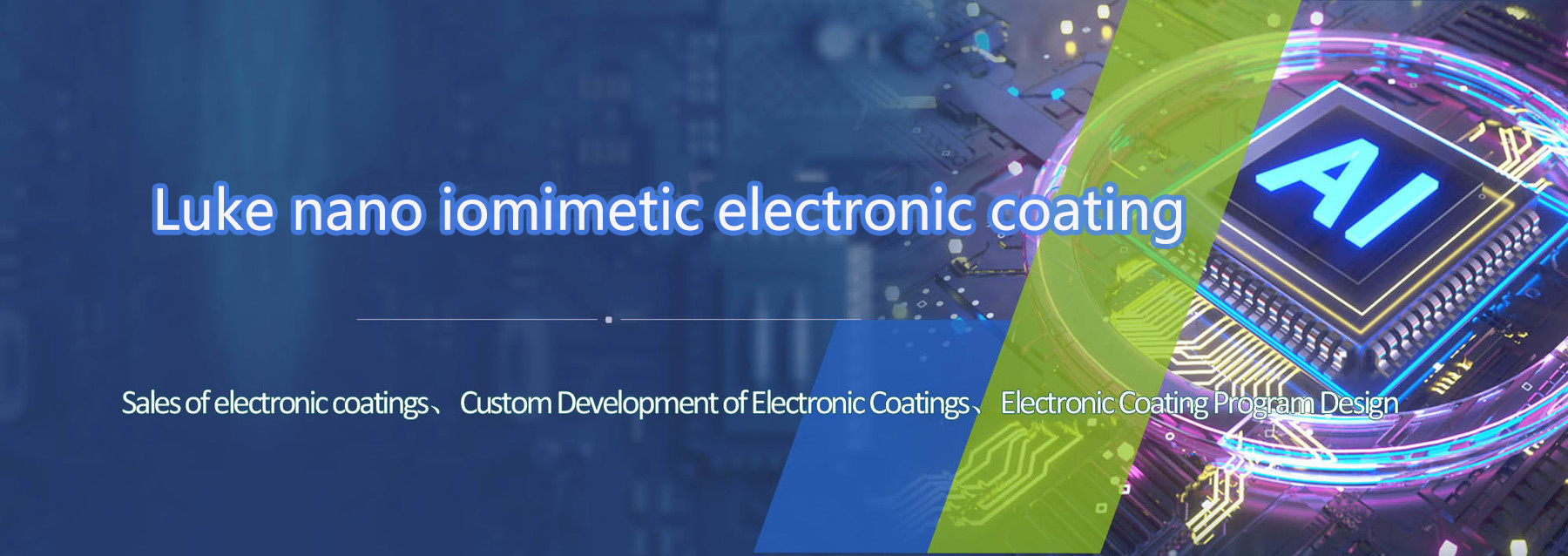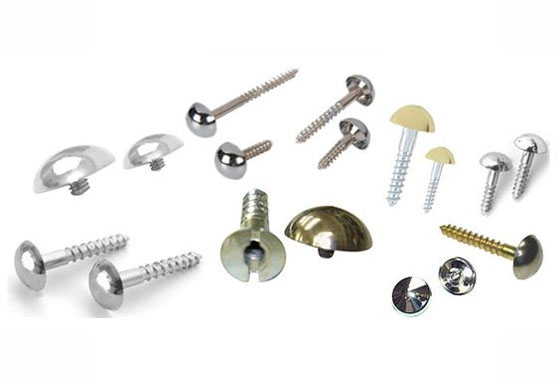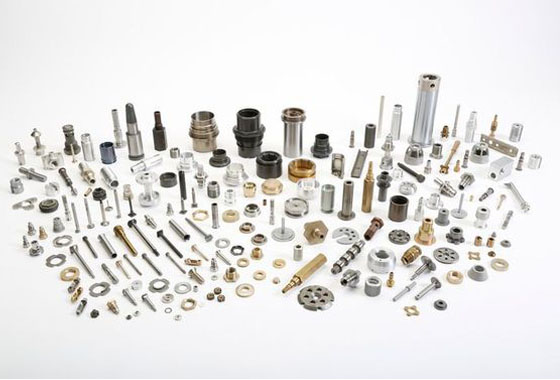TEL:
13430627966

Application examples of corrosion prevention for plated parts ,In current industrial applications, plating is a common method to enhance the corrosion resistance and appearance of metal parts While plating provides some degree of protection, in extreme corrosive environments, such as high salt spray and humidity conditions, the protective ability of the plating layer may be insufficient leading to premature failure of metal parts
Application examples of corrosion prevention for plated parts

Original Program
In current industrial applications, plating is a common method to enhance the corrosion resistance and appearance of metal parts While plating provides some degree of protection, in extreme corrosive environments, such as high salt spray and humidity conditions, the protective ability of the plating layer may be insufficient
leading to premature failure of metal parts
Pain Points
Limited corrosion resistance: plating does not provide enough protection in certain extreme environments
High Maintenance Costs: Plated parts need to be re-plated or maintained periodically during service, increasing long-term costs.
Environmental challenges: Certain chemicals used in traditional plating processes can be a burden to the environment.

Improvement Program:
A new type of anti-corrosion coating is proposed to be applied directly on plated parts. The coating is able to form a protective layer on the surface of the plated parts, which not only prevents corrosion, but also resists the attack of chemicals. This solution is suitable for both untreated metal surfaces as an alternative to the conventional
plating process, as well as for already plated pieces to further enhance their corrosion resistance.
Advantages and objectives:
Significant cost-effectiveness: Direct application of anti-corrosion coatings is less expensive than conventional plating, significantly reducing long-term maintenance and re-treatment costs.
Enhanced corrosion resistance: High-performance anti-corrosion coatings provide far greater protection than traditional plating, effectively extending the life of metal parts in harsh environments.
Environmentally Friendly: The anti-corrosion coatings used are more environmentally friendly, reducing the use of harmful chemicals and meeting current environmental requirements.
Application Flexibility: The anti-corrosion coatings support both dip and spray application, providing greater process flexibility and adapting to different production needs.